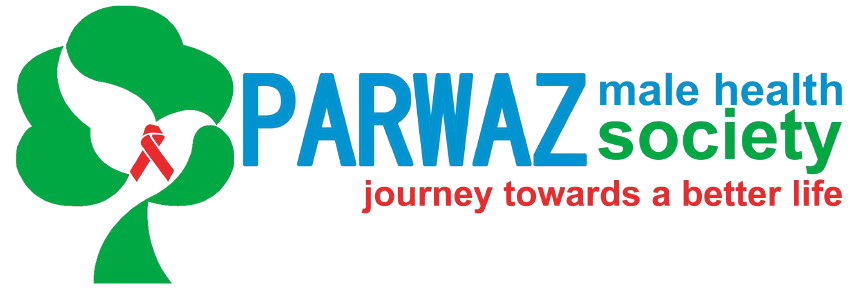
WHO demands urgent integration of health in climate negotiations ahead of COP29
The World Health Organization (WHO) is calling for an end to reliance on fossil fuels ahead of the 2024 UN Climate Change Conference in Baku (COP29). WHO stresses the importance of a people-centered approach to adaptation and resilience to address climate change and health. The organization urges world leaders to prioritize health in all climate negotiations, policies, and action plans to save lives and secure healthier futures. WHO Director-General, Dr. Tedros Adhanom Ghebreyesus, emphasizes the link between the climate crisis and health, highlighting the need for integrating health considerations into strategies for addressing climate change at COP29.
Developed by WHO in collaboration with over 100 organizations and 300 experts, the COP29 special report on climate change and health identifies critical policies across three integrated dimensions – people, place and planet. The report outlines key actions aiming to protect all people, particularly the estimated 3.6 billion people who live in areas which are most susceptible to climate change.
The report underlines the importance of the governance that integrates health in climate policy-making – and climate in health policy-making – being essential for progress. The report’s top recommendations include:
- make human health and well-being the top measure of climate success to catalyse progress and ensure people-centred adaptation and resilience;
- end fossil fuel subsidies and reliance by realigning economic and financial systems to protect both people’s health and the environment, through investment in clean, sustainable alternatives that reduce pollution-related diseases and cut carbon emissions;
- mobilize financing for climate-health initiatives, particularly to strengthen responsive health systems and support the health workforce, creating resilient, climate-proof health systems to protect health and save lives;
- invest in proven solutions; just 5 interventions – from heat-health warning systems, to clean household energy, to efficient pricing of fossil fuels – would save almost 2 million lives a year, and bring US$ 4 in benefits for each dollar invested;
- build greater focus on the role of cities in health outcomes, through more sustainable urban design, clean energy, resilient housing, and improved sanitation; and
- increase protections for and restoration of nature and biodiversity, recognizing the synergistic health benefits of clean air, water and food security.
“Health is the lived experience of climate change,” said Dr Maria Neira, Director, Environment, Climate Change and Health, WHO. “By prioritizing health in every aspect of climate action, we can unlock significant benefits for public health, climate resilience, security, and economic stability. Health is the argument we need to catalyze urgent and large-scale action in this critical moment.”
Climate NDCs are national plans and commitments made by countries under the Paris Agreement. Health is a priority in 91% of NDCs, but few specify actions to leverage health benefits from climate actions or protect health from climate risks. WHO has released guidance called Healthy NDCs to help countries integrate health into climate policies. It gives practical actions for health, environment, and other sectors to consider health in adaptation and mitigation strategies. The guidance is based on recommendations from WHO’s COP29 special report and covers leadership, national circumstances, finance, and implementation. Integrating health in climate plans can address health impacts, strengthen health systems, and promote co-benefits in sectors like transportation and energy. WHO also leads the Alliance for Transformative Action on Climate and Health to advance climate-resilient and sustainable health systems globally.
Read full article here: https://www.who.int/news/item/07-11-2024-who-demands-urgent-integration-of-health-in–climate-negotiations-ahead-of-cop29
